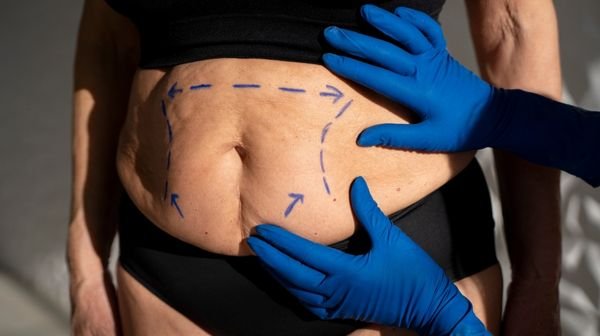 Book Appointment
Book Appointment

Are you considering weight loss surgery but scared by horror stories you've heard? You're not alone. Millions of people struggle with this decision every day, torn between hope for a healthier life and fear of surgical risks.
The truth about bariatric surgery safety might surprise you. Modern weight loss procedures are safer than many common surgeries. Yet myths and outdated information continue to fuel unnecessary fear.
This article breaks down the real facts about bariatric surgery safety. You'll learn about actual risks, success rates, and how today's procedures compare to the surgeries of decades past.
Most people worry about these specific risks:
These fears make sense. Surgery always carries risks. But are these concerns based on current medical reality?
Several factors fuel bariatric surgery anxiety:
Outdated information spreads faster than updated medical data. Stories from 20-30 years ago still circulate online and in conversations.
Media sensationalism highlights rare complications while ignoring success stories. Bad news gets more attention than good news.
Incomplete statistics often leave out context. A 2% complication rate sounds scary until you learn that staying severely obese has a 50% chance of early death.
Personal anecdotes carry more weight than scientific studies. One bad experience shared online can influence hundreds of decisions.
Here's what recent data shows about bariatric surgery death rates:
To put this in perspective:
Studies following patients for 10+ years show:
Today's procedures use cutting-edge technology:
Minimally invasive techniques mean smaller incisions, less pain, and faster recovery. Most surgeries use 3-5 tiny cuts instead of large open incisions.
High-definition cameras give surgeons crystal-clear views of internal organs. This precision reduces mistakes and complications.
Advanced stapling devices create stronger, more reliable connections. Modern staplers reduce leak rates to less than 1%.
Real-time monitoring systems track vital signs continuously during surgery. Early warning systems catch problems before they become serious.
Bariatric surgery standards have transformed:
The Fear: Surgery will cause severe malnutrition.
The Fact: Deficiencies are preventable and treatable.
The Fear: The surgery will fail, and weight will return.
The Fact: Long-term success rates are high with proper follow-up.
Studies show 85-92% of patients maintain significant weight loss (50%+ excess weight) at 10 years.
Look for these certifications:
Essential credentials include:
Modern bariatric surgery is remarkably safe when performed by qualified surgeons in accredited facilities. The procedures have evolved dramatically over the past two decades.
For most candidates: The health risks of remaining severely obese exceed surgical risks by a significant margin. Diabetes, heart disease, and other obesity-related conditions pose greater threats than the surgery designed to treat them.
Leave a Reply
Your Email address will not be published